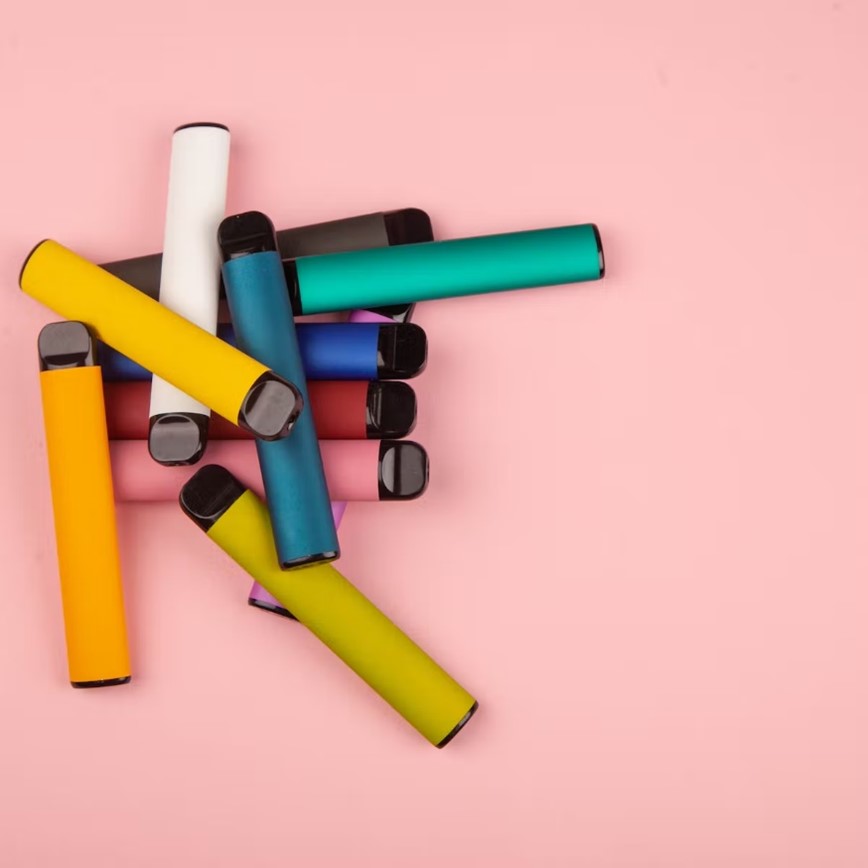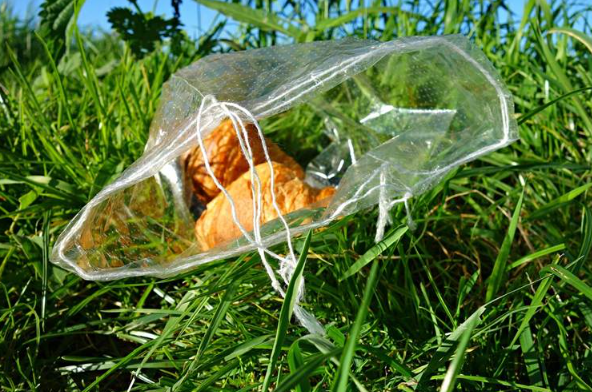Under NO circumstance is this article intended to promote smoking or nicotine consumption. Its aim is to spread awareness of the environmental impact of e-cigarettes. Using nicotine and all types of cigarettes can easily become an addiction and can cause serious health diseases that lead to death.
One-time-use vapes from Elf Bar, Juul, Vuse, Ezzy, Xtra and hundreds of other vape brands have lately become very popular among young people. The reason is simple: disposable vapes are easier to use and carry, are cleaner and don’t bother others around with the smoke as classic cigarettes. It offers a wide range of flavours, which is cool to choose from every time you buy it, and it contains the same main substance: nicotine. At first it seems exciting, but when you see that the device is already dead after 2 days of smoking, things start to get sad and thus, people are triggered to buy a new one. Since they are blinded by their ascending nicotine addiction, they completely ignore the environmental impact this kind of consumption is causing.
Impact in numbers
Let’s try to break down what happens after you throw this vape in the common trash and let’s think a bit deeper into the issue. When you become addicted, which is very easily achieved, your thoughts are about buying more vapes at once, so you don’t have to worry for the upcoming time that you’ll remain without it. So since they are non-rechargeable, they provide a small amount of puffs, which is 300-500 puffs, equal to a 20-cigarette package. For a one-pack smoker that decided to switch to the e-version smoking, he is consuming 1 vape a day. Now collecting numbers, we get that one person can use 365 vapes per year, and if used less often, say weekly, we get 52 per year. If everyone of those who smoke is throwing this device away, which they obviously do, we already have statistics of 1.3 million single-use vapes a week being binned. Just taking the statistics, it’s a lot…isn’t it?
Impact for the environment
This is the most dramatic issue to follow and highlight to the world, since we understand that the vapes are complex electronic devices with plastic, lithium batteries and liquid containing thousands of artificial chemicals in it. When all of these vapes are found on the trash landfills, they start to decompose and “melt” under weather conditions, causing metal, acid and chemical leakage into the soil and water that later causes animal and plant habitat damage. Imagine having a salad for dinner made of beetroot which grew in this kind of land. “Ew…”, you’d say. Animals and plants though can’t speak, so they take what they have.
These leaking materials cause a circuit in nature once they are put unprotected in the common trash, since no material disappear and it is just transformed into different shapes under constant chemical reactions.
What can we do about it?
Well, if nicotine addiction is still disregarded to be quit, one way to reduce the number of used vapes is to have a refillable and a rechargeable one, since its lifetime is way longer than of these little ones. So if a smoker would use 365 single-use vapes per year, with a rechargeable one, he would throw away on average one or two per year only, as they last from several months up to one year. Also, if the refillable ones are not suitable for your taste, since they come with more things to care about (recharging, they are heathier than the one-time use ones, they require a certain maintenance and liquid buying and refilling concern), you can try to take them back to the shop you bought it from, as they may be dealing with its decomposing and proper recycling. You’d rather not do this at home, as it is very hard to open them, you’d need a special tool and it is still dangerous, since electricity, battery and wires are involved inside. The last improvement suggestion would be for the vape brands to create their product in an environmentally friendly way. They can use recycled plastic and try to make it easier to decompose at home, so that people could properly dispose of the vape’s parts in designated bins.





Comments